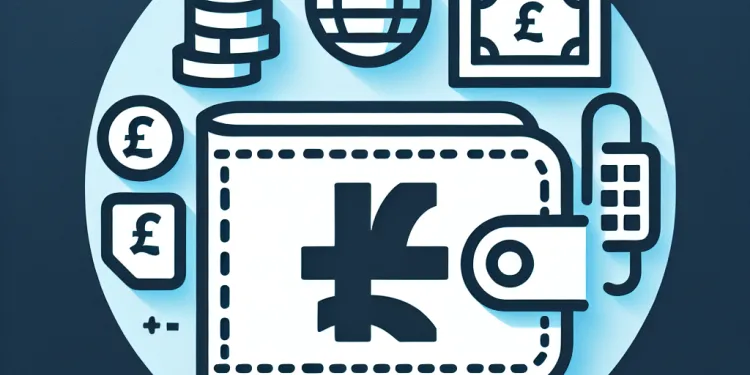
Find Help
More Items From Ergsy search
-
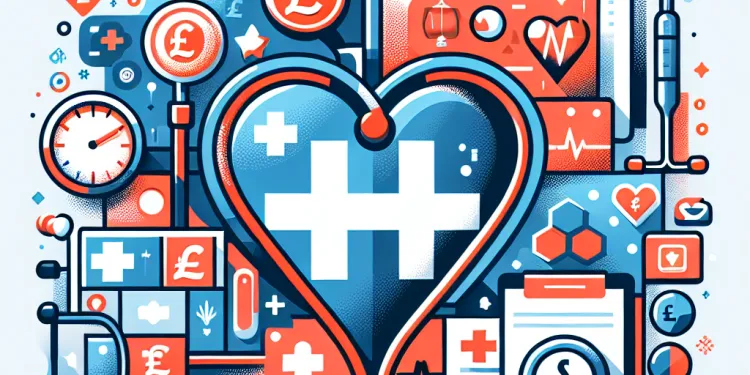
What is the NHS Low Income Scheme?
Relevance: 100%
-
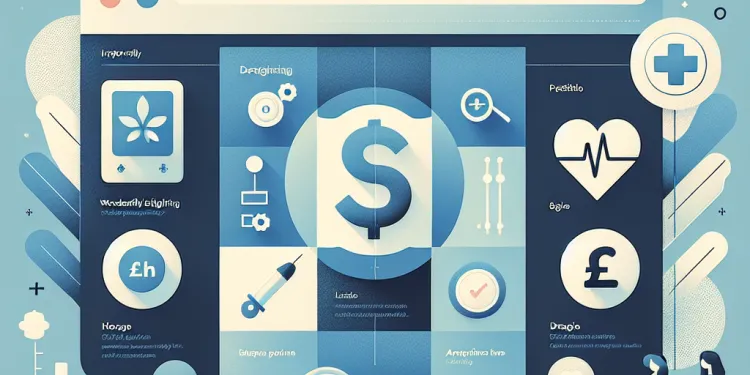
What is the NHS Low Income Scheme?
Relevance: 99%
-
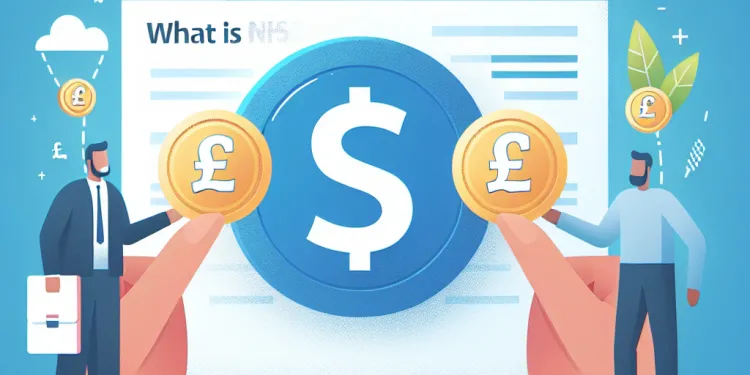
What is NHS Low Income Scheme?
Relevance: 99%
-
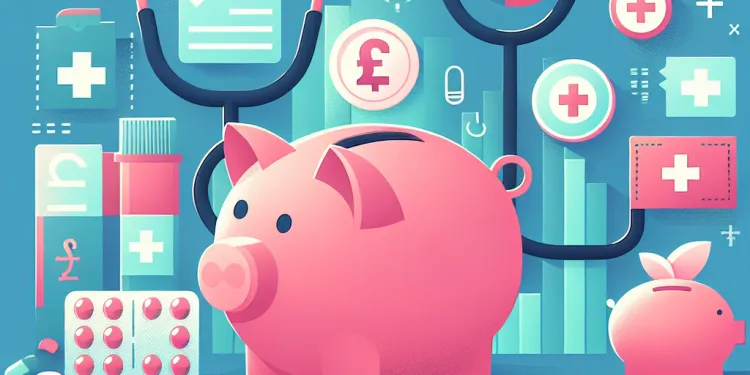
Who is eligible for the NHS Low Income Scheme?
Relevance: 95%
-
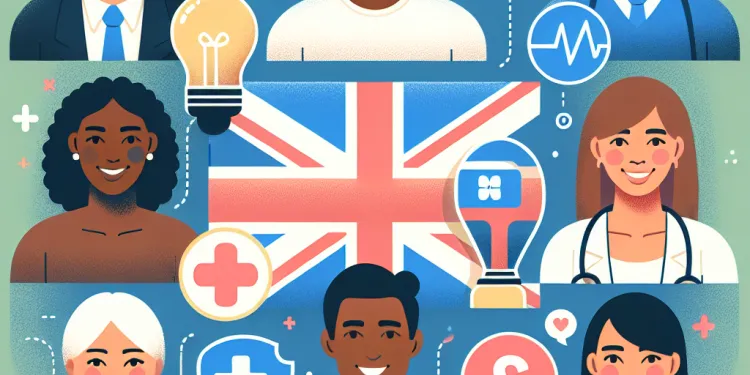
Who is eligible for the NHS Low Income Scheme?
Relevance: 95%
-
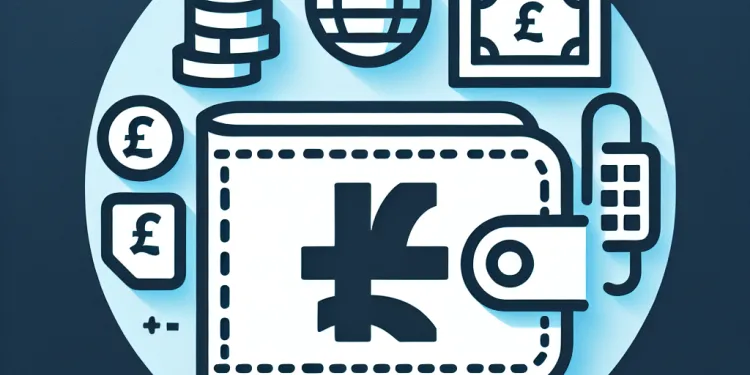
How do I apply for the NHS Low Income Scheme?
Relevance: 95%
-
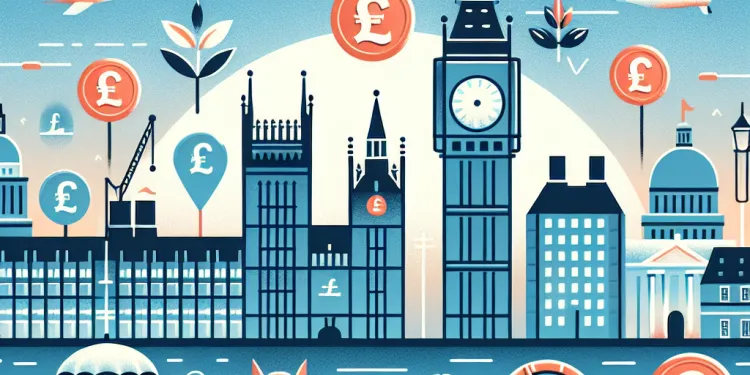
What is a defined benefit pension scheme?
Relevance: 42%
-
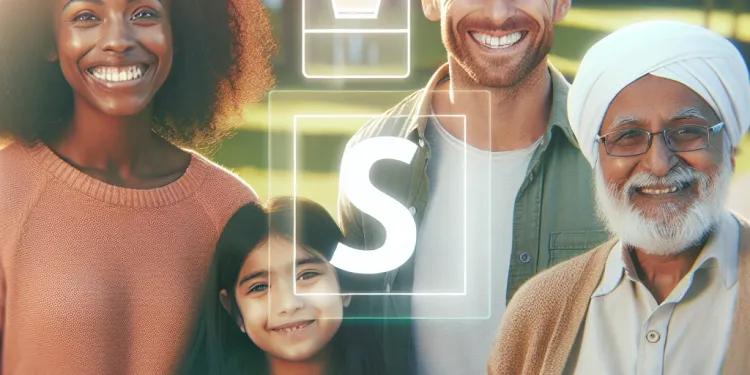
Government Announces New Support Scheme for Low-Income Families
Relevance: 42%
-
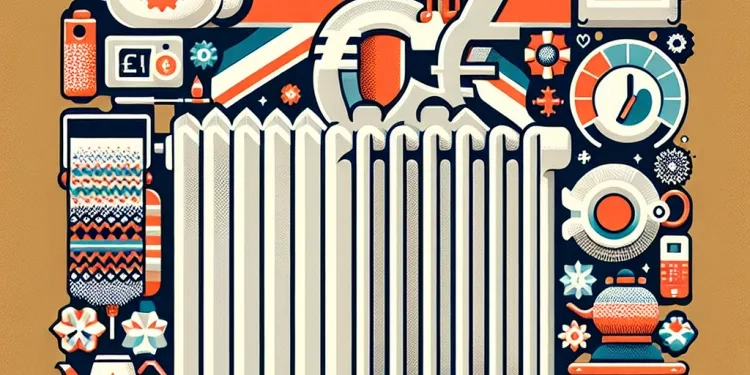
How long has the Warm Home Discount scheme been running?
Relevance: 41%
-
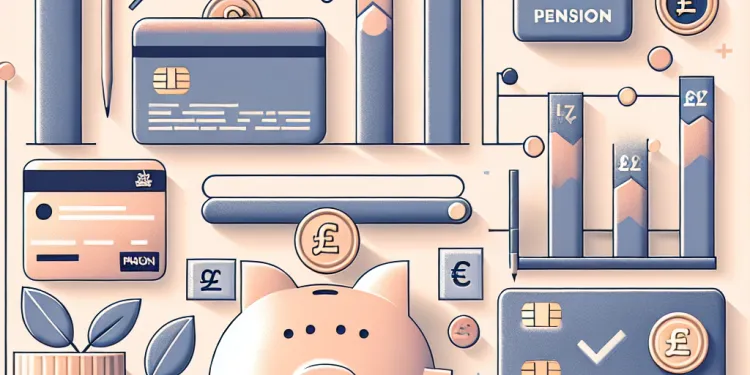
What is a defined contribution pension scheme?
Relevance: 39%
-

Do firefighters have to contribute to their pension schemes?
Relevance: 39%
-

Do all UK firefighters automatically join a pension scheme?
Relevance: 38%
-
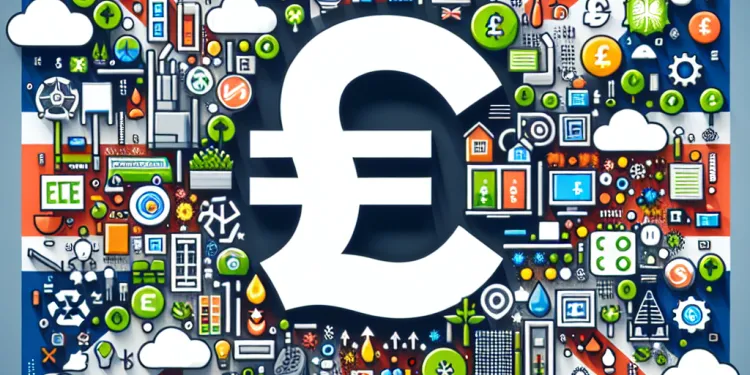
What is The Great British Insulation Scheme (ECO+)?
Relevance: 38%
-
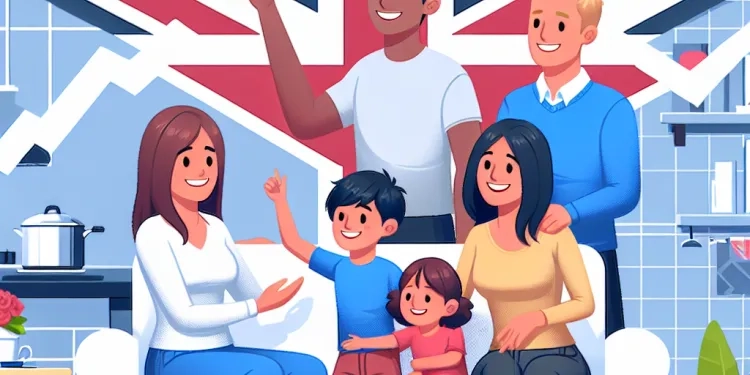
Government Support Schemes for Families Affected by Inflation
Relevance: 37%
-
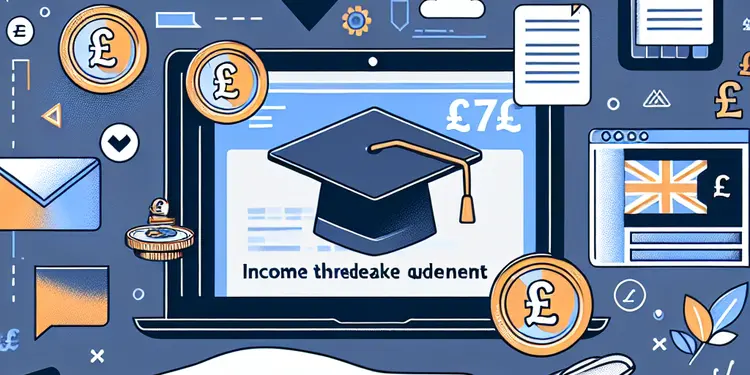
Is there an income threshold for students to qualify for the payment?
Relevance: 37%
-

Does the 2015 scheme have the same benefits as the earlier firefighter pension schemes?
Relevance: 36%
-

How is the pension calculated for firefighter schemes?
Relevance: 35%
-
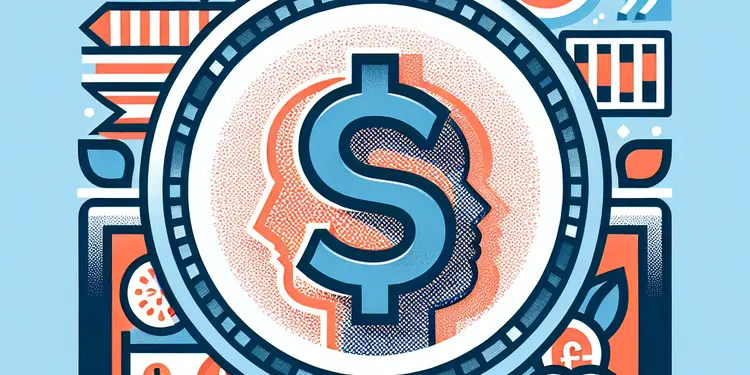
Can low salt intake be harmful?
Relevance: 34%
-
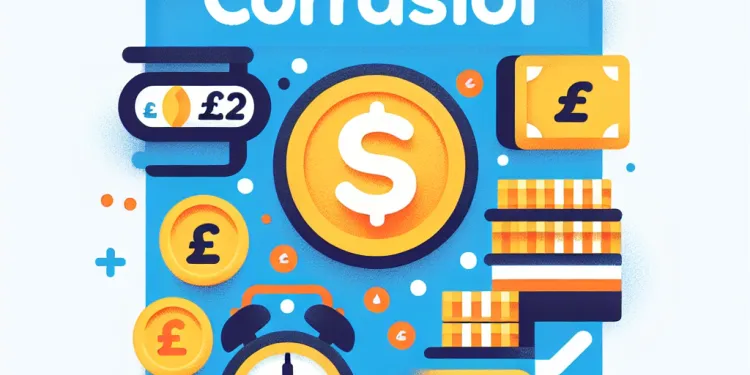
What can low levels of cortisol cause?
Relevance: 33%
-
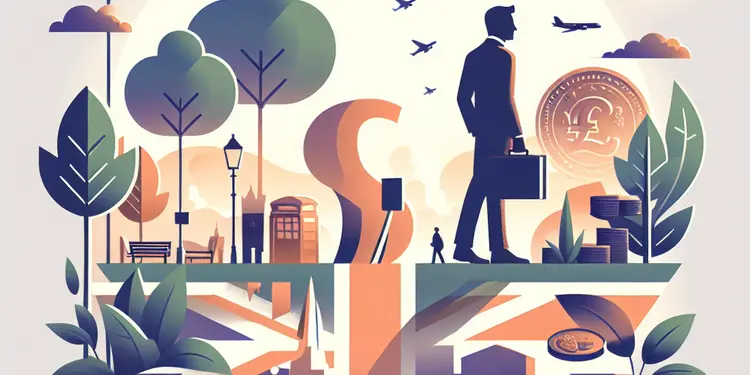
What if I'm self-employed and my income varies?
Relevance: 33%
-
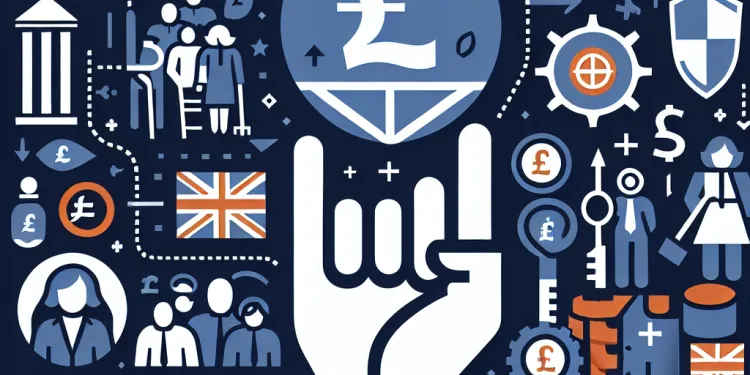
Can pension scheme members influence how their pension is managed?
Relevance: 33%
-
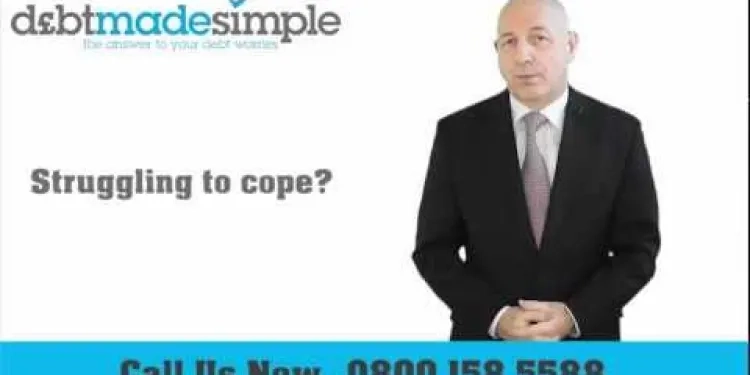
www.DebtMadeSimple.co.uk - Trust Deeds, Debt Arrangement Schemes, and Bankruptcy Services
Relevance: 32%
-
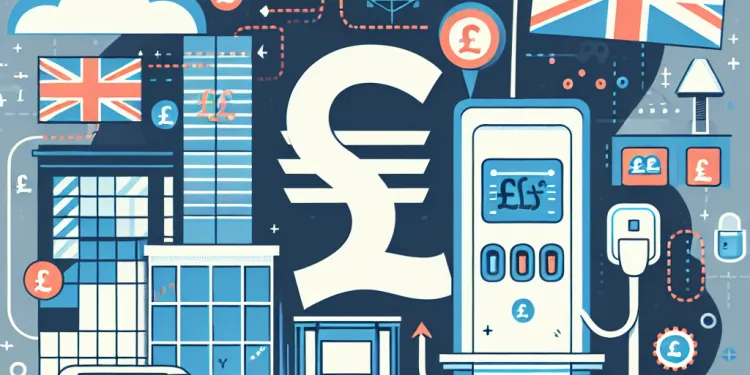
How much does the Workplace Charging Scheme cover?
Relevance: 31%
-
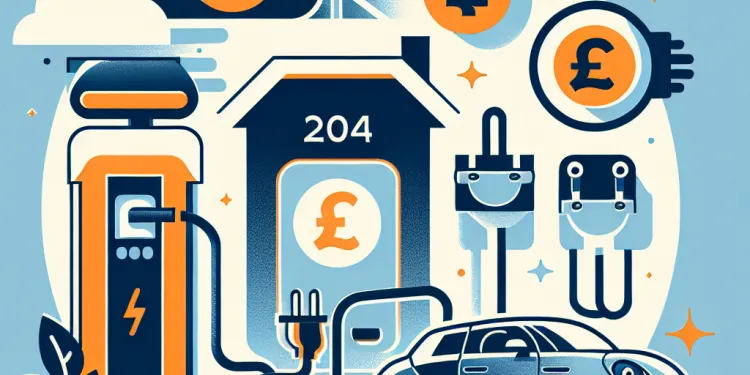
Who is eligible for the Electric Vehicle Homecharge Scheme?
Relevance: 31%
-
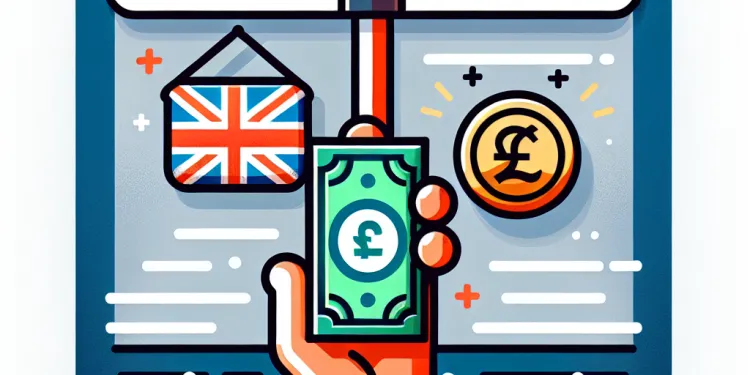
How does a wealth tax differ from an income tax?
Relevance: 30%
-
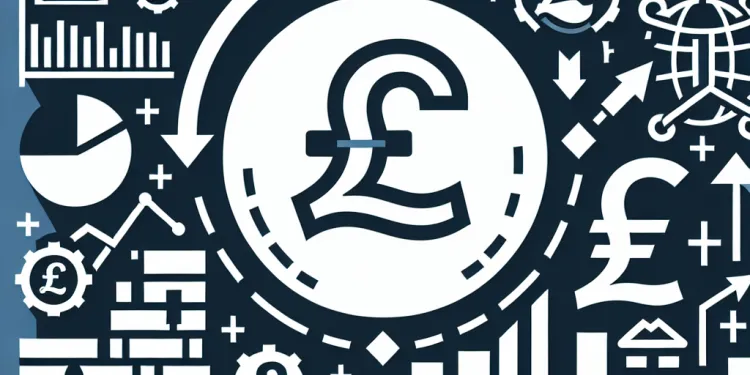
Will income thresholds for tax reliefs be revised in 2026?
Relevance: 30%
-
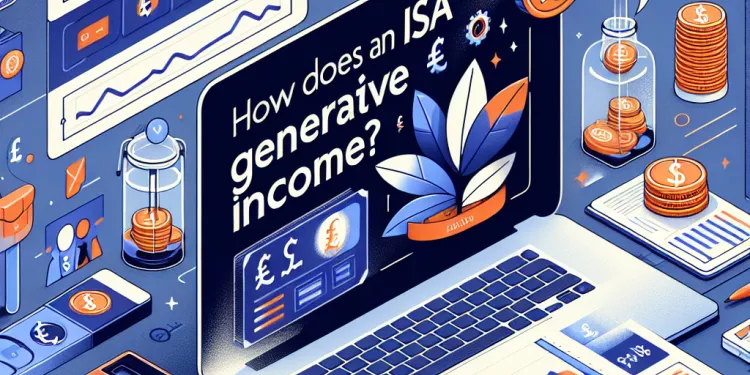
How does an ISA generate passive income?
Relevance: 30%
-

Can Ozempic cause low blood sugar (hypoglycemia)?
Relevance: 30%
-
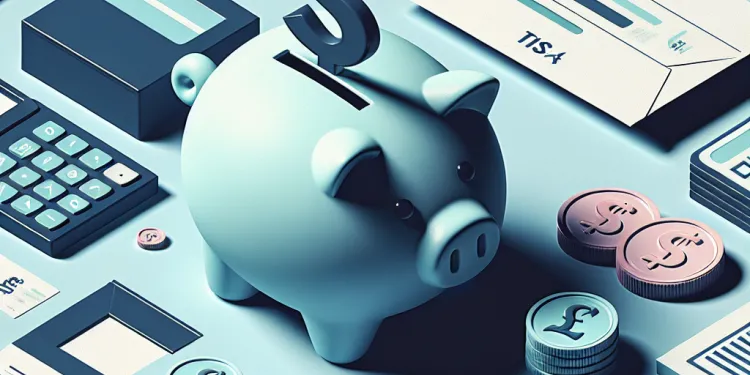
Do I need to declare my ISA income on my tax return?
Relevance: 30%
-
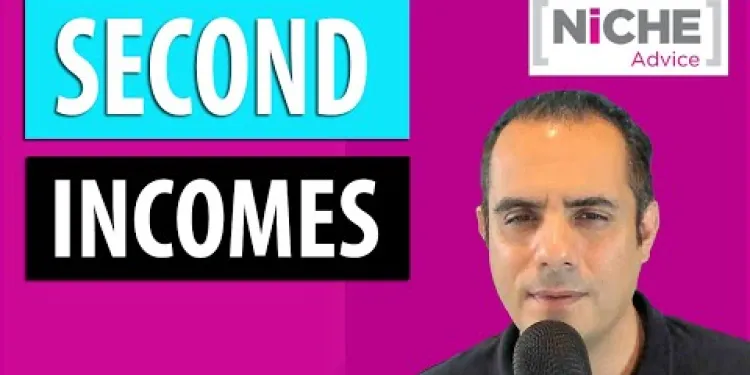
Using 100% of your Second Income for a Mortgage Application
Relevance: 30%
-

Could there be a reduction in the basic rate of income tax by 2026?
Relevance: 29%
-
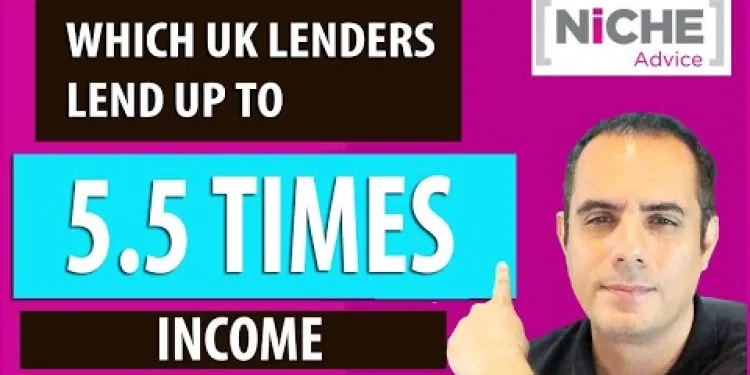
Highest Income Multiple Mortgage Lenders Revealed - Good and Bad Points
Relevance: 29%
-
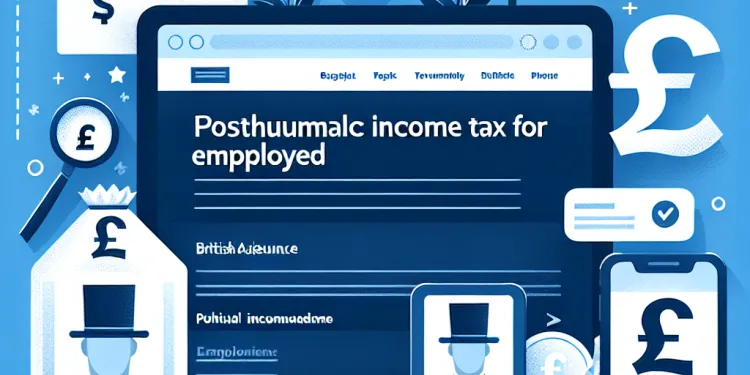
What happens to a deceased’s Income Tax if they were employed?
Relevance: 28%
-
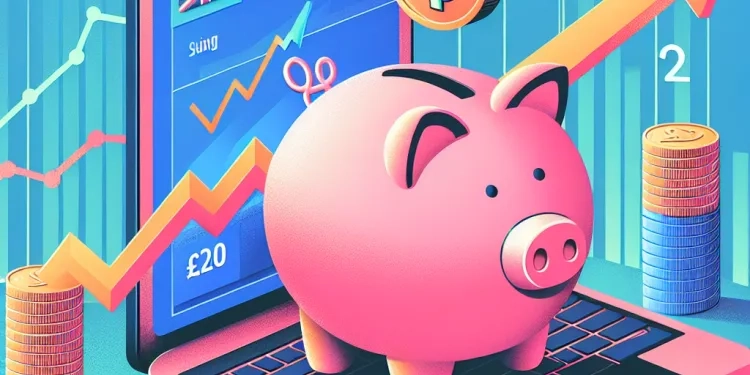
How much would I need in an ISA for a £2k monthly passive income?
Relevance: 28%
-
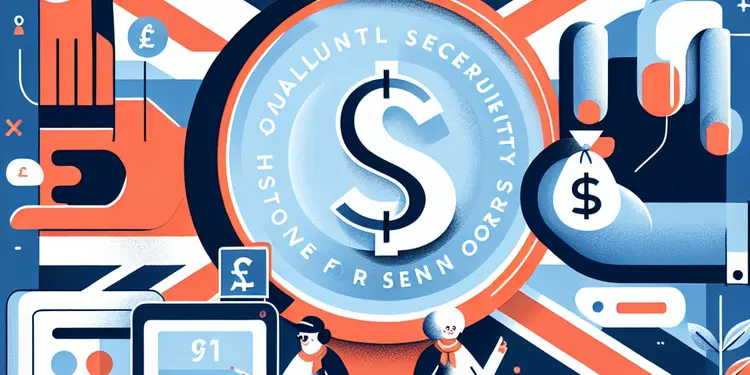
How do seniors qualify for Supplemental Security Income (SSI)?
Relevance: 28%
-
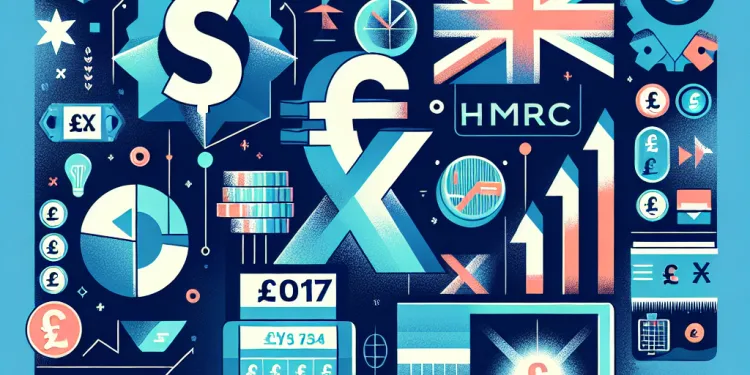
What are HMRC Income Tax Changes in April 2026?
Relevance: 28%
-

Calls Grow for Regulation on Buy Now, Pay Later Schemes
Relevance: 28%
-

Evidence-Based Interventions: injections for non-specific low back pain without sciatica
Relevance: 27%
-

What is the Workplace Charging Scheme?
Relevance: 27%
-
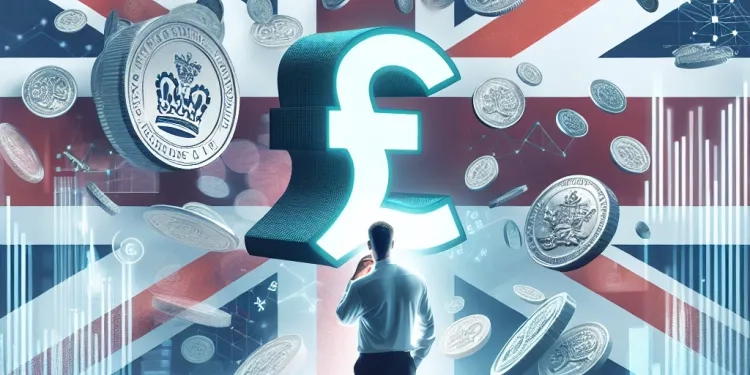
What are the HMRC income tax changes coming into effect in April 2026?
Relevance: 26%
Introduction to the NHS Low Income Scheme
The NHS Low Income Scheme (LIS) is designed to provide financial assistance to individuals and families in the UK who have lower incomes. This support helps cover prescription costs, dental treatment, eye care, and other associated healthcare costs. Applying for the scheme can ease the financial burden of healthcare expenses for those who qualify.
Who Can Apply?
The scheme is open to anyone in the UK with a low income. This includes students, pensioners, and people with financial difficulties. To determine eligibility, your income, savings, and other aspects of your financial situation are taken into account.
How to Apply for the NHS Low Income Scheme
To apply for the NHS Low Income Scheme, you need to complete an HC1 form. This form collects information about your income, savings, and household. Here are the steps to follow:
1. Obtain an HC1 form: You can get this form from a Jobcentre Plus office, NHS hospitals, GP surgeries, pharmacies, or by calling the NHS helpline at 0300 123 0849.
2. Complete the form: Fill out the form accurately, providing details about your income, benefits, savings, and outgoings. Make sure to provide evidence where required.
3. Submit the form: Post the completed HC1 form to the address provided within the form. No postage is required if you use the pre-paid envelope.
After submission, you will receive an assessment letter telling you whether you qualify for full help (HC2 certificate) or partial help (HC3 certificate). If eligible, these certificates will cover some or all of your healthcare costs.
Benefits of the NHS Low Income Scheme
Eligible applicants may receive free or reduced costs on a range of healthcare services, such as:
- Prescription charges
- Dental treatment fees
- Eye tests and optical vouchers
- Travel expenses to receive NHS treatment
This scheme can greatly reduce healthcare expenses for those on a limited income, ensuring necessary treatments are more accessible.
Renewing or Changing Your Circumstances
HC2 and HC3 certificates are typically valid for one year. If your circumstances change, such as an increase in income or a change in household members, you should inform the NHS Business Services Authority to update your details. For continued support, ensure to renew your application before the certificate expires.
Conclusion
The NHS Low Income Scheme is a vital support system for those who need financial assistance with healthcare costs. By understanding the application process and taking the necessary steps to apply, many individuals and families can benefit from reduced or eliminated healthcare expenses, ensuring they receive the medical support they need without undue financial stress.
Introduction to the NHS Low Income Scheme
The NHS Low Income Scheme helps people in the UK who don't have much money. It gives them money to help pay for things like medicine, going to the dentist, eye care, and other health costs. This makes healthcare less expensive for people who can join the scheme.
Who Can Apply?
Anyone with a low income in the UK can apply for the scheme. This includes students, older people, and anyone having money problems. To see if you can apply, they look at how much money you earn, your savings, and other parts of your financial life.
How to Apply for the NHS Low Income Scheme
To apply, you need to fill out an HC1 form. This form asks about your money, savings, and who lives with you. Here’s how to do it:
1. Get an HC1 form: You can get this from a Jobcentre Plus office, NHS hospitals, your doctor’s office, a pharmacy, or by calling 0300 123 0849.
2. Fill out the form: Write down your income, benefits, savings, and spending. Provide evidence if needed.
3. Send the form: Mail the filled-in HC1 form to the address on the form. You don’t need a stamp if you use the pre-paid envelope.
After you send it, you will get a letter telling you if you get full help (an HC2 certificate) or some help (an HC3 certificate). These certificates help pay for healthcare costs.
Benefits of the NHS Low Income Scheme
If you can join, you might get free or cheaper healthcare services, such as:
- Medicine costs
- Dentist fees
- Eye tests and glasses
- Travel costs for NHS treatment
This helps make healthcare costs lower for people who don’t have a lot of money, so they can get the care they need.
Renewing or Changing Your Circumstances
HC2 and HC3 certificates usually last one year. If your situation changes, like if you earn more money or someone moves in or out of your home, tell the NHS Business Services Authority. To keep getting help, renew your application before your certificate runs out.
Conclusion
The NHS Low Income Scheme is important for people who need help with healthcare costs. By learning how to apply and doing it, many people and families can get cheaper or free healthcare. This helps them get the medical care they need without worrying about money.
Frequently Asked Questions
What is the NHS Low Income Scheme?
The NHS Low Income Scheme provides financial help to those who have a low income and need help with healthcare costs.
How do I qualify for the NHS Low Income Scheme?
You qualify if you have a low income and your savings, investments, or property are below a certain threshold.
How can I apply for the NHS Low Income Scheme?
You can apply for the NHS Low Income Scheme by completing the HC1 form, available online or in paper format.
Where can I get the HC1 form?
The HC1 form is available online on the NHS website or from any Jobcentre Plus office or NHS hospital.
Can I apply for the NHS Low Income Scheme online?
Yes, you can fill out and submit the HC1 form online on the official NHS Business Services Authority website.
Is there a deadline to apply for the NHS Low Income Scheme?
There is no set deadline to apply; you can apply at any time if you believe you qualify.
Do I need to provide financial information with my application?
Yes, you will need to provide information about your income, savings, and expenses.
How long does it take to process my application?
It typically takes about 4 weeks to process an NHS Low Income Scheme application.
What happens after I apply for the NHS Low Income Scheme?
After your application is processed, you will receive a certificate (HC2 or HC3) detailing what help you are entitled to.
What is the difference between an HC2 and an HC3 certificate?
An HC2 certificate provides full help, while an HC3 certificate provides partial help with healthcare costs.
Can students apply for the NHS Low Income Scheme?
Yes, students can apply if they meet the income and savings criteria.
What types of costs can the NHS Low Income Scheme help with?
The scheme can help with prescription charges, dental treatment, eye tests, glasses, contact lenses, and travel costs related to NHS treatment.
Can I save my application and complete it later?
If you are completing the form online, you might be able to save your progress and finish later, depending on the platform's capabilities.
What if I am not eligible for the full NHS Low Income Scheme benefits?
If you do not qualify for full benefits, you might still be eligible for partial support through the HC3 certificate.
How often do I need to renew my NHS Low Income Scheme certificate?
Certificates are usually valid for up to a year, after which you would need to reapply.
What documents do I need to submit with my application?
You should provide bank statements, payslips, and any other relevant financial documents requested in the application form.
Can people who receive other benefits apply for the NHS Low Income Scheme?
Yes, receiving other benefits does not automatically disqualify you; eligibility is based on income and savings.
What can I do if my application is denied?
You can appeal the decision by contacting the NHS Business Services Authority for a review.
Can I apply for the scheme if I live with my parents?
Yes, your application will be assessed based on your individual income and savings, not those of your parents.
Will my immigration status affect my eligibility for the NHS Low Income Scheme?
Yes, the scheme is generally available to residents of the UK, but specific immigration status may affect eligibility.
What is the NHS Low Income Scheme?
The NHS Low Income Scheme helps people who do not have a lot of money. It helps pay for health costs like medicine and dentist visits.
If you need help filling out forms or understanding, you can ask a friend or family member. You can also speak to someone at the doctor's office or call the NHS for help.
The NHS Low Income Scheme gives money help to people who do not earn much money. It helps with doctor and health costs.
How can I get help from the NHS Low Income Scheme?
If you have little money, the NHS can help you pay for health care.
Here is what you need to do:
- Fill out a form called HC1.
- You can ask someone to help you fill it out.
- You can get this form from a hospital, doctor, or dentist.
- You can also call 0300 123 0849 to ask for a form.
Helpful tips:
- Ask a family member or friend to help you with the form.
- Contact a support worker if you have one.
- Look at the NHS website for more information.
The NHS will look at your form and tell you if you can get help.
You can get help if you do not make a lot of money. You also need to have only a small amount of savings, investments, or property.
How can I apply for help with NHS costs?
If you don't earn much money, you can get help to pay for things like medicine or glasses.
Here is how you can ask for help:
- Get a Form: You need a special form called HC1. You can get it online or ask for it at the doctor's office, hospital, or pharmacy.
- Fill the Form: You need to write down your money details on the form. You might need help from someone you trust to fill it in.
- Send the Form: Send the filled form in the post to the address on the form. Make sure you use a stamp!
- Wait for a Reply: Someone will read your form and write back to tell you if you can get help.
If you need help filling the form, ask a friend, family member, or support worker.
You can ask for help from the NHS if you don’t have much money. To do this, fill out the HC1 form. You can find this form online or get a paper copy.
Where can I get the HC1 form?
You can get the HC1 form in a few ways:
- Ask at your local pharmacy or doctor’s office.
- Call the NHS helpline for help.
- Download it from the NHS website.
Here are some things that can help you:
- Ask someone you trust for help.
- Use a computer or tablet to visit the NHS website.
- Write down any important phone numbers or websites.
The HC1 form is a piece of paper you need to fill out. You can find it on the internet at the NHS website. You can also get it from a Jobcentre Plus office or an NHS hospital.
Can I sign up for the NHS Low Income Scheme on the internet?
Yes, you can sign up on the internet.
If you need help, ask someone to assist you.
It can be helpful to use a computer or tablet.
You may want to take breaks while filling out the form.
Yes, you can fill out the HC1 form on the NHS Business Services Authority website.
Here are some tips to help:
- Use a computer or tablet. The screen is bigger, so it's easier to see.
- Ask someone to help if you need it. It’s okay to get help.
- Take your time. There's no rush.
- You can ask someone to read the questions to you.
If you have trouble with technology, you can:
- Use a screen reader. This reads the words on the page out loud.
- Try text-to-speech software. It also reads text out loud.
Remember, online forms can be easier if you get help or use tools!
When do I need to apply for the NHS Low Income Scheme by?
If you want to get help from the NHS Low Income Scheme, you need to apply by a certain time.
Check the NHS website or ask someone to help you find out the deadline.
Remember, it is good to ask for help if you need it. You can ask a family member, friend, or support worker to help you apply.
You can apply whenever you want if you think you qualify. There is no last date to send your application.
Do I need to include money details with my form?
When you fill out the form, you might need to show money details. This means sharing things like how much money you earn or have saved. It helps them understand your money situation.
If you are not sure, you can ask a friend or family member to help you. You can also use tools like a calculator to figure out your money details.
Yes, you need to tell us about your money. This means how much you earn, how much you save, and what you spend.
How long will it take to look at my application?
It usually takes 4 weeks to get your NHS Low Income Scheme application processed.
What happens after I ask for help with my NHS costs?
When you ask for help with NHS costs because you have a low income, here is what happens next:
- The NHS checks your application.
- You will get a letter from the NHS. This letter tells you if you can get help.
- If you can get help, you get a certificate. It shows doctors and dentists that you do not have to pay or need to pay less.
For getting help:
- Ask someone you trust to help fill in forms.
- Use a calculator to check your money.
- Keep important letters in a safe place.
Once your application is looked at, you will get a paper (called HC2 or HC3). This paper tells you what help you can get.
What is the difference between an HC2 and an HC3 certificate?
A certificate is a special paper that tells people about some of your rights for health services.
HC2 Certificate: This paper means you get free health services. You don’t have to pay.
HC3 Certificate: This paper means you pay less for health services but not free. You have to pay a little bit.
If reading is hard, you can ask someone to read with you. You can also use a computer or phone to read the words out loud.
An HC2 certificate gives you full help with healthcare costs. An HC3 certificate gives you some help. You might still have to pay a little.
Can students ask for help from the NHS Low Income Scheme?
If you are a student with little money, you can ask for help. The NHS Low Income Scheme might give you help with health costs. This means they can help you pay for things like prescriptions and dentist visits.
You might get help if you do not have enough money to pay for these things yourself. Ask someone you trust to help you fill out the forms. You can also use tools like a calculator or ask a helper to understand the process better.
Yes, students can apply if they do not earn too much money and do not have too much saved up.
What costs can the NHS Low Income Scheme help with?
The NHS Low Income Scheme can help pay for some health costs.
Here are some things it can help with:
- Getting medicine
- Seeing a dentist
- Getting glasses
- Visiting the hospital
- Travel costs for health appointments
If you find reading hard, you can ask someone you know to help you. Using picture cards or apps that read text out loud can also support you.
The program can help pay for medicine, dentist visits, eye tests, glasses, contacts, and travel for health appointments.
Can I stop filling out my form and finish it later?
Yes, you can! Here are some tips to help you:
- Look for a "Save" button to keep your work safe.
- Write down your username and password, so you can log in again.
- If you need help, ask a friend or use a computer tool like a spell checker.
If you are filling out the form on the computer or phone, you might be able to stop and save your work. Then, you can come back and finish it later. It depends on how the website works.
What if I can't get all the NHS Low Income Scheme benefits?
If you can't get everything from the NHS Low Income Scheme, that's okay. You might still get some help. Here are some things you can do:
- Ask someone for help to understand what you can get.
- Use easy-to-read guides to help you learn more.
- Contact the NHS for advice. They can help explain things.
- If you have a support worker, they can help you too.
Remember, it's okay to ask questions if you don't understand.
If you can't get all the benefits, you might still get some help with an HC3 certificate.
How often do I need to get a new NHS Low Income Scheme certificate?
Certificates last for one year. After that, you need to apply again.
What papers do I need to send with my form?
Make sure you have all the right papers ready. They help us understand your situation.
Ask someone you trust for help if you need it. You can also use pictures or lists to keep track of your papers.
Bring your bank papers that show money, your pay slips, and any other money papers they ask for in the form.
Can people who get other benefits also apply for the NHS Low Income Scheme?
If you get other benefits, you might be able to get help from the NHS Low Income Scheme too.
Here is what you can do to find out if you can apply:
- Ask someone you trust to help you check the rules.
- Use a computer to look up information about the NHS Low Income Scheme.
- Call the NHS helpline for answers.
Try these tips to make reading easier:
- Read one sentence at a time and go slowly.
- Use a ruler or your finger to keep your place when reading.
- Ask someone to read with you or explain the hard words.
Yes, you can still get this benefit even if you get other benefits. What matters is how much money you have and how much you have saved.
What can I do if my application is denied?
Here is what you can do if your application is turned down:
- Stay calm. It can feel bad, but it is okay.
- Ask why your application was denied. This can help you understand.
- Check if you can apply again. Sometimes you can try one more time.
- Ask someone for help. A friend or family member can support you.
You can use these steps to help you. It is good to try and not give up.
If you think the decision is wrong, you can ask for another look at it. Contact the NHS Business Services Authority and ask them to check again.
Can I join if I live with my parents?
Yes, we will look at how much money you have and what you earn. We will not look at your parents' money.
Can I use the NHS Low Income Scheme if I'm from another country?
Yes, people living in the UK can usually join the plan. But sometimes, your immigration status might change if you can join.
Useful Links
This website offers general information and is not a substitute for professional advice.
Always seek guidance from qualified professionals.
If you have any medical concerns or need urgent help, contact a healthcare professional or emergency services immediately.
Some of this content was generated with AI assistance. We’ve done our best to keep it accurate, helpful, and human-friendly.
- Ergsy carfully checks the information in the videos we provide here.
- Videos shown by Youtube after a video has completed, have NOT been reviewed by ERGSY.
- To view, click the arrow in centre of video.
- Most of the videos you find here will have subtitles and/or closed captions available.
- You may need to turn these on, and choose your preferred language.
- Go to the video you'd like to watch.
- If closed captions (CC) are available, settings will be visible on the bottom right of the video player.
- To turn on Captions, click settings .
- To turn off Captions, click settings again.
More Items From Ergsy search
-

What is the NHS Low Income Scheme?
Relevance: 100%
-

What is the NHS Low Income Scheme?
Relevance: 99%
-

What is NHS Low Income Scheme?
Relevance: 99%
-

Who is eligible for the NHS Low Income Scheme?
Relevance: 95%
-

Who is eligible for the NHS Low Income Scheme?
Relevance: 95%
-

How do I apply for the NHS Low Income Scheme?
Relevance: 95%
-

What is a defined benefit pension scheme?
Relevance: 42%
-

Government Announces New Support Scheme for Low-Income Families
Relevance: 42%
-

How long has the Warm Home Discount scheme been running?
Relevance: 41%
-

What is a defined contribution pension scheme?
Relevance: 39%
-

Do firefighters have to contribute to their pension schemes?
Relevance: 39%
-

Do all UK firefighters automatically join a pension scheme?
Relevance: 38%
-

What is The Great British Insulation Scheme (ECO+)?
Relevance: 38%
-

Government Support Schemes for Families Affected by Inflation
Relevance: 37%
-

Is there an income threshold for students to qualify for the payment?
Relevance: 37%
-

Does the 2015 scheme have the same benefits as the earlier firefighter pension schemes?
Relevance: 36%
-

How is the pension calculated for firefighter schemes?
Relevance: 35%
-

Can low salt intake be harmful?
Relevance: 34%
-

What can low levels of cortisol cause?
Relevance: 33%
-

What if I'm self-employed and my income varies?
Relevance: 33%
-

Can pension scheme members influence how their pension is managed?
Relevance: 33%
-

www.DebtMadeSimple.co.uk - Trust Deeds, Debt Arrangement Schemes, and Bankruptcy Services
Relevance: 32%
-

How much does the Workplace Charging Scheme cover?
Relevance: 31%
-

Who is eligible for the Electric Vehicle Homecharge Scheme?
Relevance: 31%
-

How does a wealth tax differ from an income tax?
Relevance: 30%
-

Will income thresholds for tax reliefs be revised in 2026?
Relevance: 30%
-

How does an ISA generate passive income?
Relevance: 30%
-

Can Ozempic cause low blood sugar (hypoglycemia)?
Relevance: 30%
-

Do I need to declare my ISA income on my tax return?
Relevance: 30%
-

Using 100% of your Second Income for a Mortgage Application
Relevance: 30%
-

Could there be a reduction in the basic rate of income tax by 2026?
Relevance: 29%
-

Highest Income Multiple Mortgage Lenders Revealed - Good and Bad Points
Relevance: 29%
-

What happens to a deceased’s Income Tax if they were employed?
Relevance: 28%
-

How much would I need in an ISA for a £2k monthly passive income?
Relevance: 28%
-

How do seniors qualify for Supplemental Security Income (SSI)?
Relevance: 28%
-

What are HMRC Income Tax Changes in April 2026?
Relevance: 28%
-

Calls Grow for Regulation on Buy Now, Pay Later Schemes
Relevance: 28%
-

Evidence-Based Interventions: injections for non-specific low back pain without sciatica
Relevance: 27%
-

What is the Workplace Charging Scheme?
Relevance: 27%
-

What are the HMRC income tax changes coming into effect in April 2026?
Relevance: 26%


